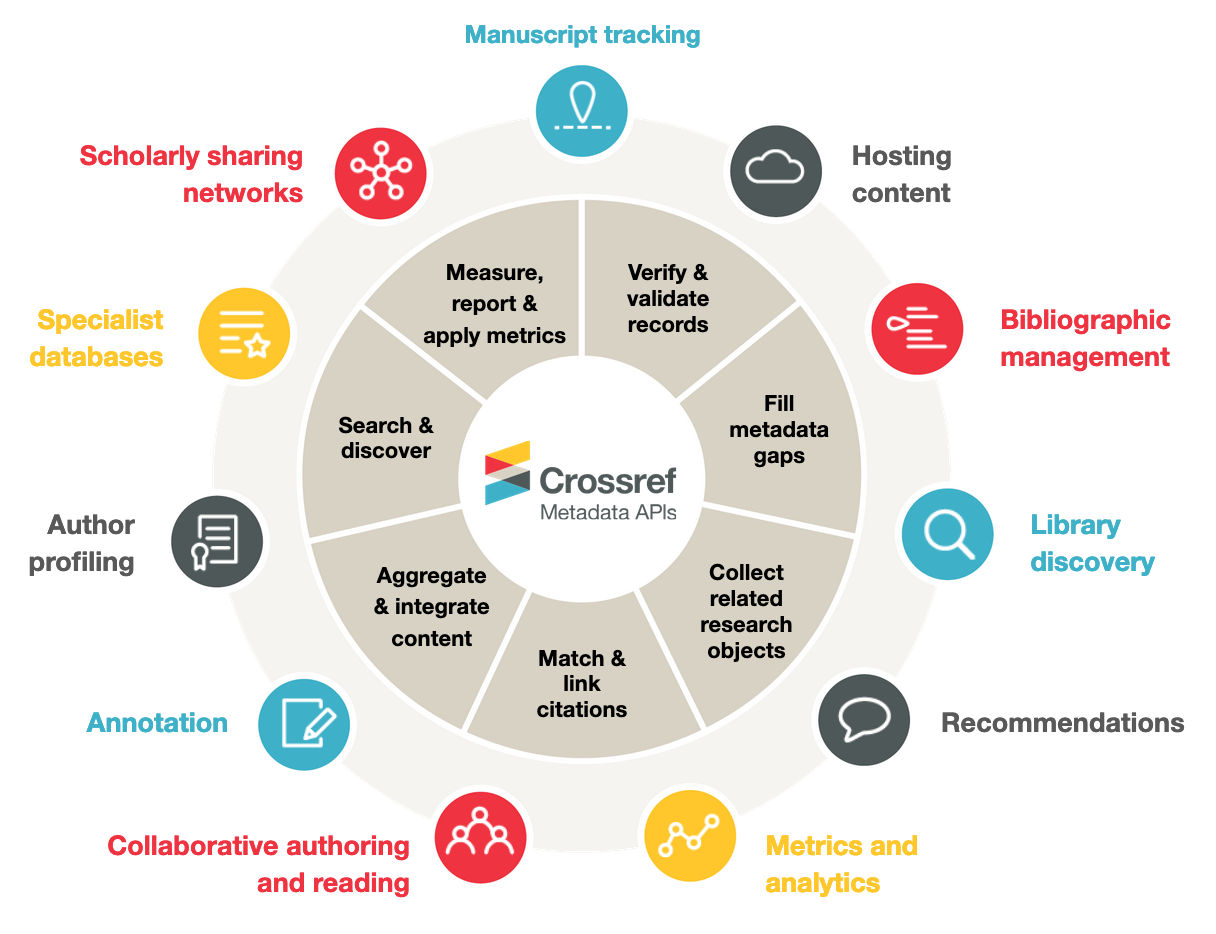Psychological well-being in elderly people in southern Chile
Psychological wellbeing in the elderly in southern Chile
Keywords:
mental health, older people, qualitative researchAbstract
Objective: interprete the perception of psychological well-being possessed by the elderly in a commune of the Bío-Bio Region of Chile.
Methods: the qualitative paradigm with a phenomenological orientation was used. The sampling was non-probabilistic for convenience through theoretical saturation. The included subjects met the eligibility criteria and signed informed consent. The information gathering was carried out through a semi-structured interview that based their questions on the Multidimensional Model of Well-being. The results were coded and analyzed through content analysis.
Results: the surveyed elderly people have a high degree of psychological well –being. The main source of psychological well-being is relational, the family and its closest environment. The evaluation carried out by the elderly person, in the present, involves the conditions in which they develop and the ways in which they faced situations of emotional demand during life.
Conclusions: a high level of psychological well-being is identified in the studied population.
Metrics
References
Departamento de Asuntos Económicos y Sociales de las Naciones Unidas/ División de Población. Perspectivas de la población mundial, revisión de 2017 (División de la población) Naciones Unidas, Nueva York.
OMS. Estrategia y plan de acción mundiales sobre el envejecimiento y la salud 2016-2020: hacia un mundo en el que todas las personas puedan vivir una vida prolongada y sana. 69.ª Asamblea Mundial de la Salud WHA69.3 Punto 13.4 del orden del día
Vivaldi F, Barra E. Bienestar Psicológico, Apoyo Social Percibido y Percepción de Salud en Adultos Mayores. Ter Psicol. 2012:30(2): 23-29.
https://doi.org/10.4067/S0718-48082012000200002
Oramas A, Santana S, Vergara A. El bienestar psicológico, un indicador positivo de la salud mental. Revista Cubana de Salud y Trabajo. 2006; 7(1-2):34-9.
Telzer E, Fulgini A, Lieberman M, Galvan A. Neural sensitivity to eudaimonic and hedonic rewards differentially predict adolescent depressive symptoms over time, Proceedings of national academy of sciences of the united states of america. 2014; 111(18): 6600 -6605. https://doi.org/10.1073/pnas.1323014111
Ryff C, Love G, Urry H, Muller D, Rosenkranz M, Friedman E, Davidson R, Singer B. Psychological well- being and illbeing: Do they have distinct or mirrored biological correlates? Psychotherapy and Psysomatics. 2006; 75(2): 85 -95. https://doi.org/10.1159/000090892
Ryff C, Singer B, Love G. Positive health: Conneting well- being with biology. Phisophical Transactions of the royal society of London B.Biol Sci. 2004; 359:1383-1394. https://doi.org/10.1098/rstb.2004.1521
Vielma J, Alonso L. El estudio del bienestar psicológico subjetivo. Una revisión teórica. Educere. 2010; 14(49): 265-275.
García - Alandete J. Psicología positiva, bienestar y calidad de vida. Claves del Pensamiento. 2014;8(16): 13-29.
Ryff C. Eudaimonic well -being and health: Mapping consequences of self -realization. In A. S Waterman (Ed), The best within us: Positive psychology perspectives on Eudaimonia (77 -98) Washington, DC. American Psychological Association. https://doi.org/10.1037/14092-005
Gallardo-Peralta L, Córdoba Jorquera I, Pina Moran M, Urrutia Quiroz B. Diferencias de género en salud y calidad de vida en personas mayores del norte de Chile. Polis. 2018; 49(17): 153-175. https://doi.org/10.4067/S0718-65682018000100153.
Hernández Sampieri R, Metodología de la investigación. México. Ed. Mc Graw Hill. Quinta edición. 2010. p 1- 10.
Martínez M. La investigación cualitativa (síntesis conceptual). Revista IIPSI. 2006; 9(1): 123-146. https://doi.org/10.15381/rinvp.v9i1.4033.
Valenzuela J. Bienestar psicológico en una muestra de estudiantes universitarios mexicanos. Psicumex. 2015; 5 (2): 4-19. https://doi.org/10.36793/psicumex.v5i2.278
Molina C, Meléndez J, Análisis cualitativo del bienestar en la vejez. Revista Española de Geriatría y Gerontología. 2007; 42(5): 276-284. https://doi.org/10.1016/S0211-139X(07)73563-1
Alvarado X, Toffoletto M, Oyanedel J, Vargas S, Reynaldos K. Factores asociados al bienestar subjetivo en los adultos mayores. Texto Contexto Enferm, 2017; 26(2):e5460015.
Mella R, González L, D’Appolonio J, Maldonado I, Fuenzalida A, Díaz A. Factores Asociados al Bienestar Subjetivo en el Adulto Mayor. PSYKHE. 2004; 13(1):79-89. https://doi.org/10.4067/S0718-22282004000100007
Condeza A, Bastías G, Valdivia G, Cheis C, Barrios X, Rojas R, Gálvez M, Fernández F, Adultos mayores en Chile: descripción de sus necesidades en comunicación en salud preventiva. Cuadernos.info. 2016; 38: 85-104. https://doi.org/10.7764/cdi.38.964
Moreno Y, Marrero R. Optimismo y autoestima como predictores de bienestar personal: diferencias de género. Revista Mexicana de Psicología. 2015; 32(1): 27-36.
Arraga M, Sanchez M. Bienestar subjetivo en adultos mayores venezolanos. Revista interamericana de psicología. 2010; 44(1): 12 -18.
Inga J, Vara A, Factores asociados a la satisfacción de vida de adultos mayores de 60 años en Lima-Perú. Universitas Psychologic. 2006; 5(3): 475-485.
Mayordomo T, Sales A, Satorres E., Meléndez J. Bienestar psicológico en función de la etapa de vida, el sexo y su interacción. Pensamiento psicológico. 2016; 14(2): 101-112. https://doi.org/10.11144/Javerianacali.PPSI14-2.bpfe
Ryff C, Keyes C. The structure of psychological well-being revisited. Journal of Personality and Social Psychology. 1995; 69(4): 719-727. https://doi.org/10.1037/0022-3514.69.4.719
Downloads
Published
How to Cite
Issue
Section
License

This work is licensed under a Creative Commons Attribution-NonCommercial-ShareAlike 4.0 International License.

























